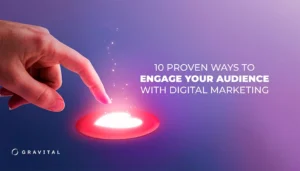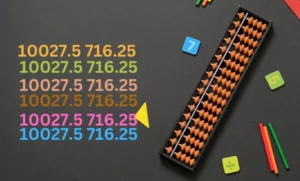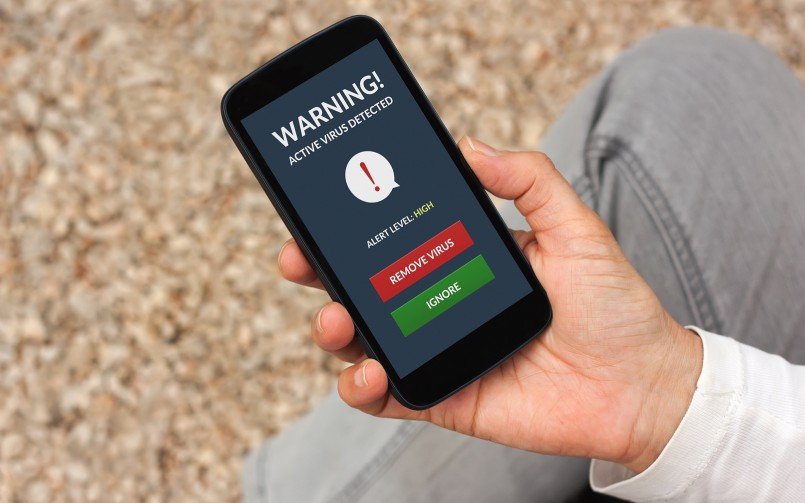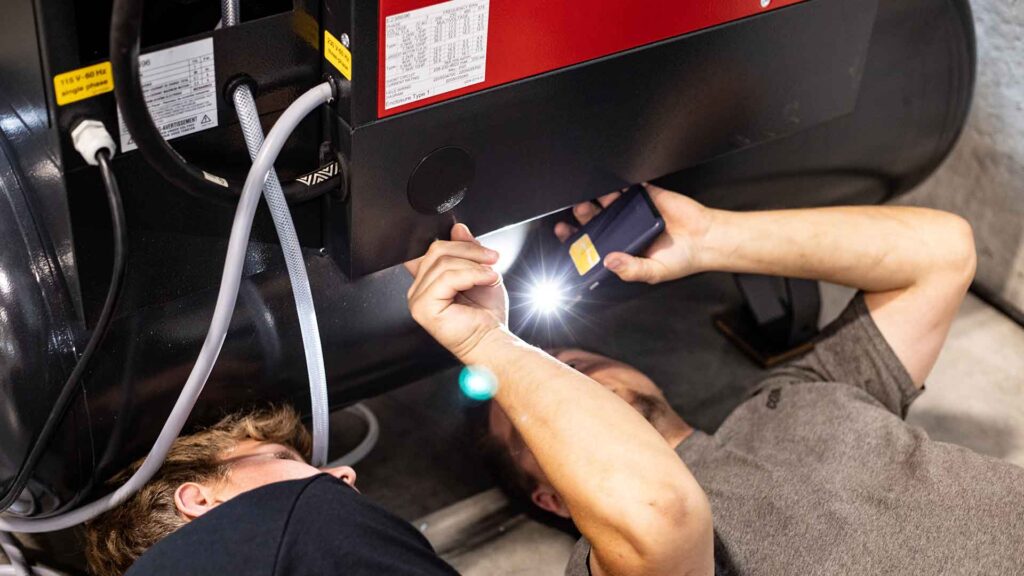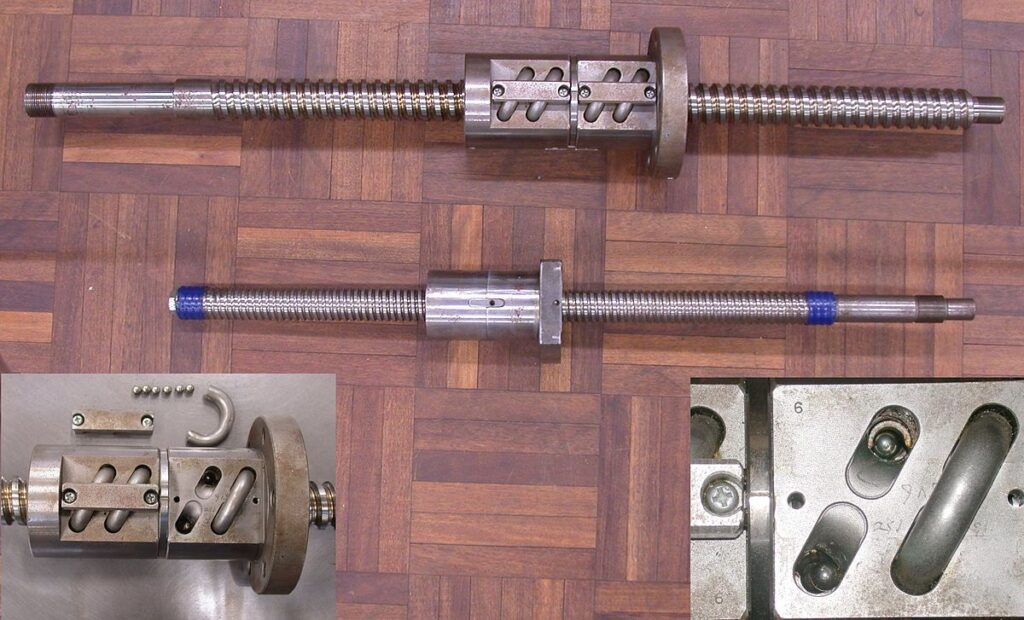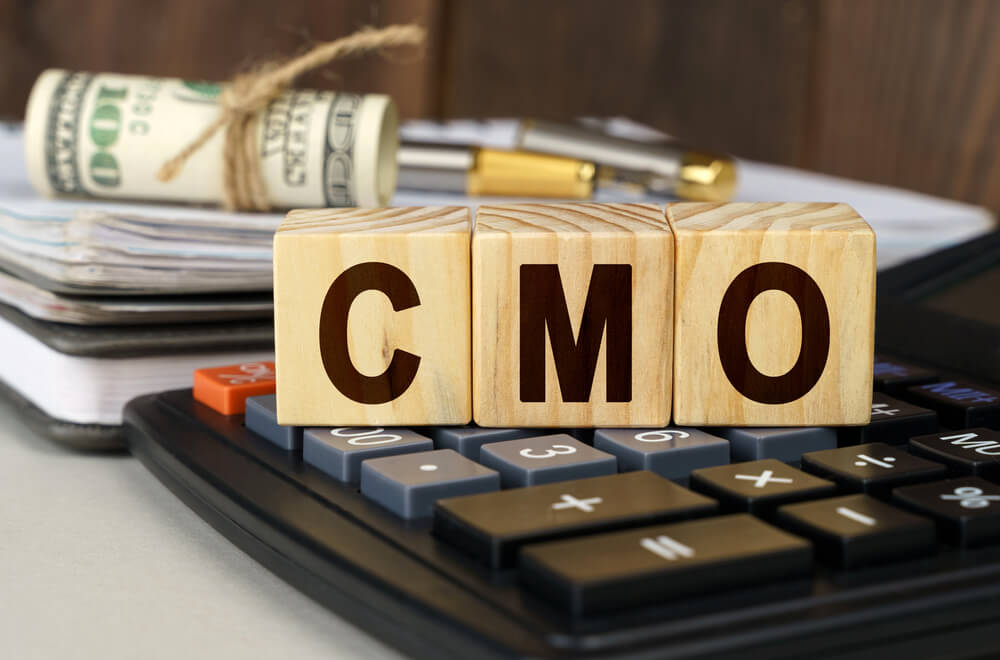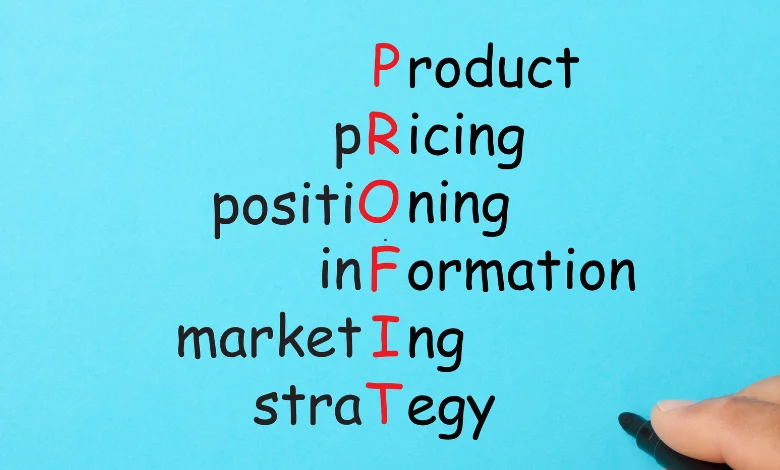
Crossword puzzles can be both entertaining and challenging. They often require solvers to think outside the box and interpret clues in creative ways. One such clue that has puzzled many is “winks to Kane to Maguire eg.” Understanding this clue not only helps in solving the puzzle but also enhances your crossword-solving skills.
Breaking Down the Clue
When approaching a crossword clue, it’s crucial to break it down into its components. This particular clue comprises several parts: “winks,” “to,” “Kane,” “Maguire,” and “eg.” Each part holds significance and can guide us toward the correct answer.
Understanding “Winks”
In crossword puzzles, the term “winks” can be interpreted in multiple ways. Typically, it might refer to a brief moment, a hint, or even a playful gesture. Understanding the context in which “winks” is used is essential for decoding the clue.
Contextualizing “Kane”
“Kane” could refer to various individuals or characters, but in the context of a crossword puzzle, it is likely pointing to someone well-known, such as Harry Kane, the English footballer. Recognizing this helps in narrowing down the possible interpretations of the clue.
Decoding “Maguire”
Similarly, “Maguire” could be referencing Harry Maguire, another English footballer. The presence of two famous footballers in the clue suggests a connection related to sports or a specific event involving both.
The Role of “eg” in Crosswords
The abbreviation “eg” stands for “exempli gratia,” which means “for example.” In crossword clues, “eg” is used to provide an example that fits the definition. This clue might be suggesting a scenario or an instance where both Kane and Maguire are involved.
Connecting the Dots
Combining all elements, “winks to Kane to Maguire eg” might be describing a situation in a football match or an event involving both players. Considering “winks” as a hint, it could be pointing towards something they are known for collectively, such as a goal celebration or a specific game incident.
Crossword Clue Strategies
Solving complex clues requires strategies. Breaking down the clue, understanding the context, and connecting the dots are essential steps. Avoiding common pitfalls, like overthinking or misinterpreting the clue’s structure, can significantly improve your solving skills.
Crossword Puzzles: A Brief History
Crossword puzzles have a rich history, originating in the early 20th century. The first known crossword was published in 1913, and since then, they have evolved into a popular form of entertainment and mental exercise.
Famous Crossword Puzzles
Several iconic crossword puzzles have left a mark on enthusiasts. Puzzles like The New York Times Crossword and The Times Crossword are celebrated for their challenging and creative clues.
The Psychology of Crossword Solving
People enjoy crosswords because they provide a sense of accomplishment and mental stimulation. Solving puzzles activates different parts of the brain, enhancing cognitive functions and problem-solving skills.
Crosswords in Popular Culture
Crosswords have made their way into various forms of media. They appear in movies, TV shows, and books, often serving as a plot device or a character’s hobby, highlighting their widespread appeal.
Digital Age Crosswords
With the advent of technology, crosswords have transitioned to digital platforms. Numerous apps and websites offer interactive and convenient ways to solve puzzles, making them more accessible to a broader audience.
Creating Your Own Crossword
Creating a crossword puzzle can be a rewarding experience. Start by choosing a theme, then create a grid and fill it with words. Crafting clever and fair clues is crucial for making an engaging puzzle.
Conclusion
Deciphering the “winks to Kane to Maguire eg” crossword clue involves breaking down the clue, understanding each part, and connecting them logically. By applying these strategies, you can enhance your crossword-solving skills and enjoy the process even more.
FAQs
How do I improve my crossword solving skills? Practice regularly, start with easier puzzles, and gradually move to more challenging ones. Pay attention to common clue patterns and practice wordplay.
What are some recommended resources for crossword enthusiasts? The New York Times Crossword, The Guardian Crossword, and various crossword apps like Crosswords With Friends and Daily Themed Crossword are excellent resources.
Can solving crosswords improve cognitive function? Yes, solving crosswords can enhance cognitive abilities, improve memory, and stimulate problem-solving skills.
How often should I practice solving crosswords? Daily practice is beneficial, but even solving a few puzzles a week can help improve your skills.
What makes a good crossword clue? A good clue is clear, fair, and clever. It should provide a challenge without being too obscure, using wordplay and puns effectively.


